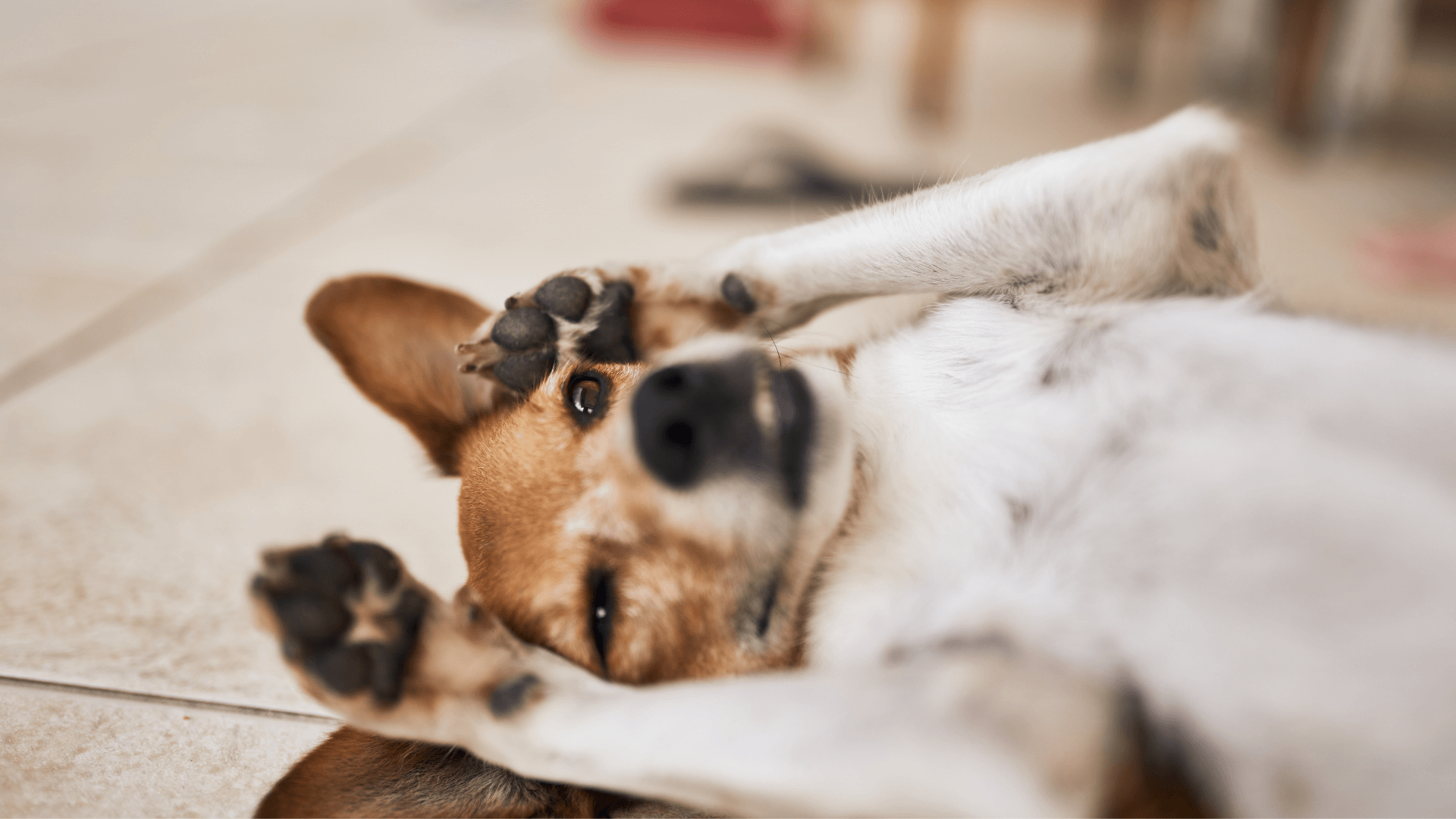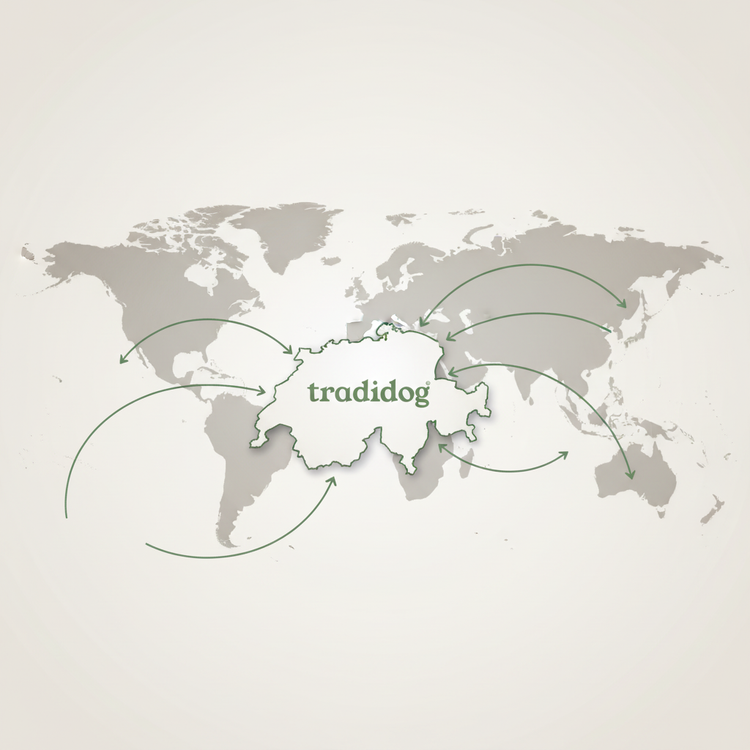
Digestive problems in dogs: causes & symptoms
Digestive problems are one of the most common health problems in dogs and can cause a variety of symptoms that can affect the well-being of your loyal companion. In this comprehensive blog post, you will learn what causes digestive problems, how to recognize the symptoms and what you can do to help your dog.
1. Causes of digestive problems
Digestive problems in dogs can be caused by a variety of factors. Understanding the possible causes will help you find the right treatment.
-
Dietary causes : Incorrect or unbalanced nutrition can cause digestive problems. Sudden changes in diet, poor quality food or food intolerances can lead to gastrointestinal problems.
-
Foreign objects : Dogs tend to swallow things they shouldn't eat. Foreign objects such as toys, bones or other indigestible materials can block the digestive tract and cause discomfort.
-
Parasites and infections : Worms, giardia and other parasites can cause gastrointestinal problems. Bacterial or viral infections can also affect digestion.
-
Stress and anxiety : As with humans, stress can affect digestion in dogs. Changes in the environment, new pets, or other stressful situations can lead to digestive problems.
2. Symptoms of digestive problems
Symptoms of digestive problems can vary, but here are some common signs to look out for:
-
Vomiting : Frequent vomiting can be a sign of digestive problems. It can be caused by eating too quickly, food intolerances or serious stomach problems.
-
Diarrhea : Frequent or persistent diarrhea is another common symptom. It can be caused by infections, parasites or food intolerances.
-
Constipation : Difficulty passing stools or reduced frequency may indicate constipation, which may be caused by dry food, foreign objects, or other causes.
-
Decreased appetite : If your dog suddenly refuses to eat or eats very little, this could be a sign of gastrointestinal problems.
-
Abdominal pain and bloating : If your dog is frequently licking his belly, arching his stomach, or having excessive bloating, this may indicate pain or indigestion.
3. What to do if you have digestive problems?
If you notice digestive problems in your dog, there are some steps you can take to help:
-
Visit to the vet : The first step should always be a visit to the vet. The local vet can make an accurate diagnosis and suggest appropriate treatment. In case of severe symptoms or persistent problems, professional help is essential.
-
Dietary changes : If digestive problems are caused by food, changing to a highly digestible or hypoallergenic diet may help. Your veterinarian can recommend special diets to aid digestion.
-
Remove foreign body : If you suspect your dog has swallowed a foreign body, seek veterinary attention immediately. In some cases, an endoscopy or surgery may be necessary to remove the foreign body.
-
Parasite protection : Make sure your dog is regularly dewormed and protected against parasites. A regular check-up at the vet can help to detect and treat parasitic infections early.
-
Stress reduction : If stress is a factor, try to minimize stress for your dog. Create a calm environment, give him plenty of love and attention, and maintain a regular routine to help him feel safe.
4. Home remedies and preventive measures
In addition to veterinary treatment, certain home remedies and preventative measures can be helpful:
-
Easily digestible food : To help your dog with mild indigestion, cook simple, easily digestible foods such as boiled chicken and rice. This can help soothe the gastrointestinal tract.
- Food additives: Food additives such as tradidog Sensitive are ideal for protecting the dog's stomach from digestive problems. Not only when they have already occurred, but also as a preventative measure.
-
Probiotics : Probiotics can help restore the balance of intestinal flora and improve digestion. There are special probiotic supplements for dogs that you should discuss with your veterinarian.
-
Regular meals : Stick to regular feeding times and avoid giving your dog large amounts at once. Smaller, more frequent meals can aid digestion.
Conclusion
Digestive problems in dogs can have many causes and produce different symptoms. By understanding the possible causes and symptoms, you can act quickly and provide your dog with the right help. Remember, consulting a veterinarian is essential for digestive problems to ensure an accurate diagnosis and appropriate treatment. With the right care and attention, you can help your dog recover quickly and get back to being his usual happy self.
Share

